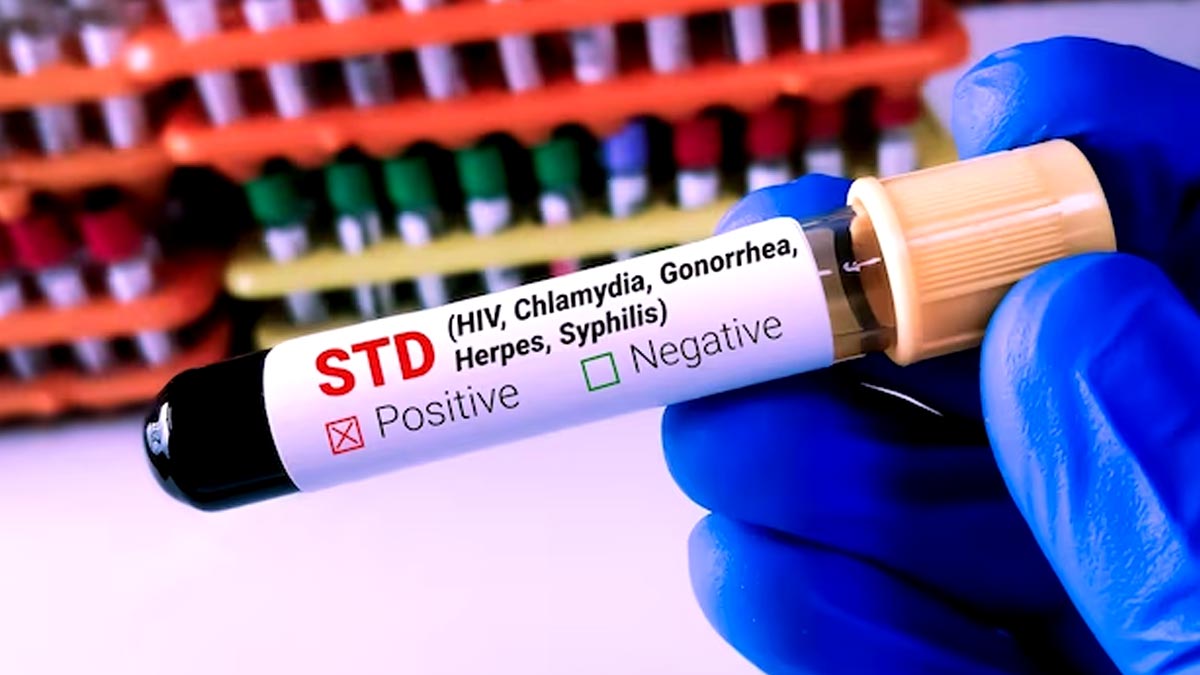
Over 30 different types of bacteria, viruses, and parasites are said to transmit through sexual contact, according to the World Health Organization (WHO). Many Sexually Transmitted Infections (STIs) also spread from mother-to-child during pregnancy, childbirth and breastfeeding. Fortunately, most of the infections are preventable. In an interaction with the OnlyMyHealth team, Dr Rashmi R Hiremath, Consultant OBG and Gynecology KLE – Suchirayu Hospital (A Unit of HCG), Hubli, shares some ways to curb the spread.
Table of Content:-
Also Read: 5 Risk Factors Of Hepatitis That Should Urge You To Take A Test
What Is A Sexually Transmitted Infection (STI)?

STI refers to an infection that is primarily transmitted through sexual contact, including vaginal, anal, or oral intercourse, as well as genital-to-genital contact. They may manifest with a wide range of symptoms or sometimes show no symptoms at all.
More than 10 lakh sexually transmitted infections (STIs) are acquired every day worldwide, the majority of which are asymptomatic, says the WHO, adding, “over 50 crore people aged between 15 to 49 years are estimated to have a genital infection with herpes simplex virus.”
Common examples of STIs include:
- Chlamydia
- Gonorrhea
- Syphilis
- Human papillomavirus (HPV)
- Herpes (HSV)
- Human Immunodeficiency Virus (HIV)
- Trichomoniasis
- Hepatitis B and C
Factors That Lead To Transmission

Some of the risk factors of STIs include:
- Unprotected sexual intercourse, including vaginal, anal, and oral sex,
- Sharing contaminated needles among intravenous drug users
- Skin-to-skin contact with infected genital areas or sores (e.g., herpes, HPV)
- Contact with infected bodily fluids like semen, vaginal fluids, blood, or anal fluids
- Contact with open wounds or cuts during sexual activity
Also Read: Is Your Heart In Good Shape? 5 Important Tests That Can Tell You
Preventive Measure

Practising safe sex by using condoms or dental dams and being in a monogamous relationship with an uninfected partner can help reduce the risk of contracting STIs. Regular screening and early detection are crucial for the effective management and prevention of further transmission of STIs. If someone suspects they have been exposed to an STI or experiences symptoms, it's important to seek medical attention and get tested promptly.
Dr Hiremath recommends adopting healthy habits, practising safe sex with the consistent and correct use of condoms. “Avoiding multiple sexual partners can also minimise the spread,” she adds.
Role Of Vaccines
The WHO emphasises on the need of vaccination against certain types of STIs including hepatitis B and HPV. "These vaccines have represented major advances in STI prevention. By the end of 2020, the HPV vaccine had been introduced as part of routine immunisation programmes in 111 countries, primarily high- and middle-income countries. To eliminate cervical cancer as a public health problem globally, high coverage targets for HPV vaccination, screening and treatment of precancerous lesions, and management of cancer must be reached by 2030 and maintained at this high level for decades," the global healthy body adds.
How we keep this article up to date:
We work with experts and keep a close eye on the latest in health and wellness. Whenever there is a new research or helpful information, we update our articles with accurate and useful advice.
Current Version